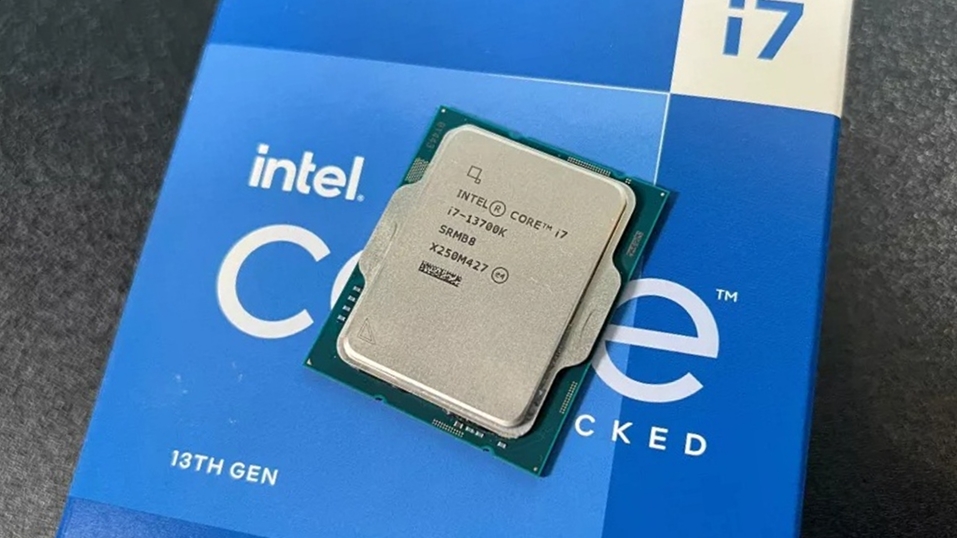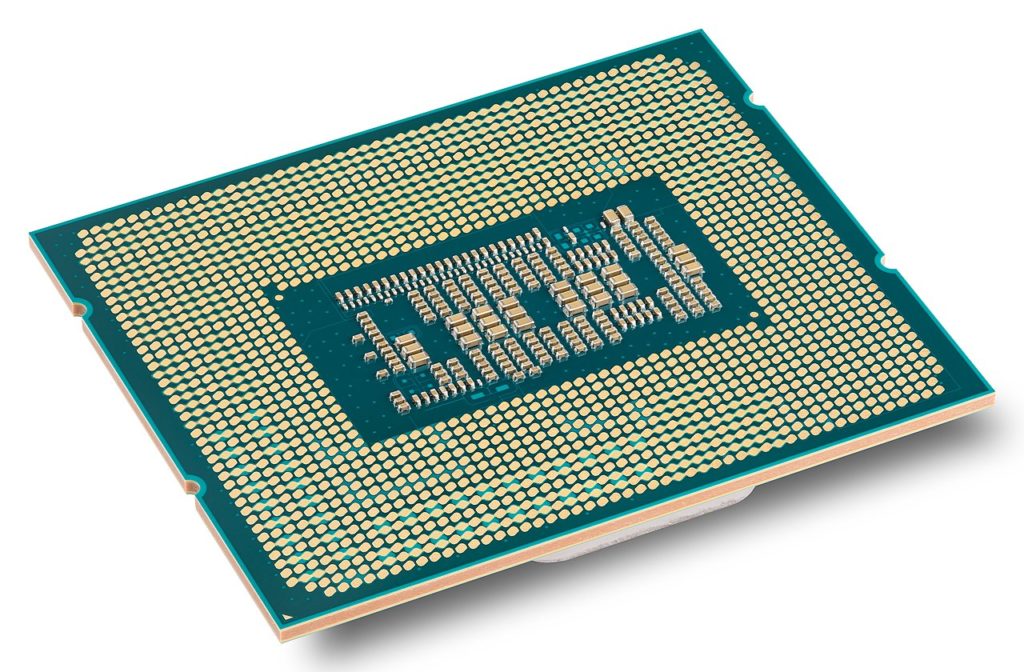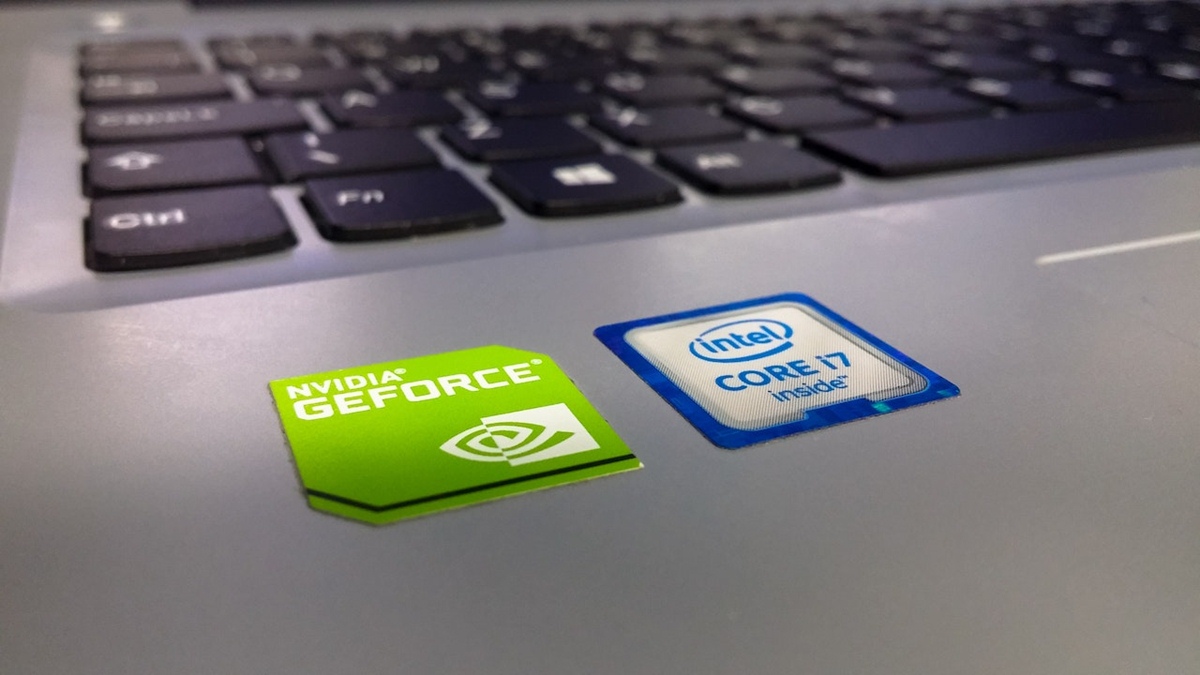With the digital world consistently evolving and demanding higher computing performance, consumers are eagerly awaiting the release of Intel’s next-generation processors. As a result, the debate between Intel Core i7 12700K and 13700K is gaining momentum in the tech community.
In this article, we’ll dive deep into the specifications and performance aspects of both CPUs (12700k Vs 13700k) to help you make an informed decision on which one suits your needs best.
A peek into the specifications
The 12700K and 13700K are both part of Intel’s Alder Lake series, promising improved energy efficiency, faster processing, and better multitasking capabilities. However, they differ in their core counts, clock speeds, and other features that can impact overall performance.
12700k Vs 13700k: Core count and threads
One of the significant differences between these two processors lies in their core counts and threads. The 12700K comes with a total of 12 cores (8 P-cores and 4 E-cores) and 20 threads, while its counterpart, the 13700K, is expected to feature even higher numbers. This difference could translate into a substantial boost in multitasking and heavy workloads for users opting for the 13700K.

12700k Vs 13700k: Clock speed
Another essential factor for determining a CPU’s performance is its clock speed. While precise details about the 13700K’s base and turbo frequencies are yet to be disclosed, the 12700K boasts an impressive base frequency of 3.6 GHz and a maximum turbo frequency of 5.0 GHz. Higher clock speeds typically signify better performance, so if the 13700K can match or exceed these values, it will likely be a more formidable contender.
12700k Vs 13700k: Power consumption
As technology advances, power efficiency is becoming increasingly crucial for both gamers and professionals alike. The 12700K has a thermal design power (TDP) of 125W, while the TDP of the 13700K remains unknown. Keep an eye on this aspect when making your decision, as lower power consumption can save you money on electricity bills and contribute to a greener environment.
Benchmarks: Pitting the processors against each other
A practical way to compare the performance of two CPUs is by examining their benchmark results. Unfortunately, since the 13700K isn’t released yet, there aren’t any concrete benchmark figures available. However, we can look at the 12700K’s impressive scores and speculate on how the 13700K might fare in comparison.
Single-core and multi-core performance
The 12700K has shown excellent single-core and multi-core performance in various tests, outperforming its predecessor, the 11700K. Considering the expected increase in core count and possibly improved clock speeds of the 13700K, it’s reasonable to assume that this upcoming processor could deliver even better results, potentially dominating gaming and productivity tasks alike.
Graphics and gaming
While integrated graphics may not concern dedicated gamers with powerful GPUs, they remain relevant for casual gamers or those on a budget. The Intel UHD Graphics 770 is part of the 12700K package, providing decent performance for light gaming and basic content creation tasks. It’s unclear whether the 13700K will utilize the same integrated GPU or offer an improved solution.
Content creation and productivity
For professionals working in content creation, video editing, and 3D rendering, the processor’s performance is of paramount importance. The 12700K has demonstrated excellent results in these areas, making it a reliable choice for demanding workloads. Given the potential improvements in core count and clock speed, the 13700K could offer even better performance, providing users with a more seamless workflow.

Value proposition: Making the right choice
In today’s technology-driven world, getting the best value for your money is crucial when investing in new hardware. That said, it’s essential to strike a balance between performance and cost efficiency when choosing a CPU.
Price consideration
At the time of writing, the Intel Core i7 12700K retails at around $400-$450, offering an attractive price-to-performance ratio compared to its competitors. While no official pricing information is available for the 13700K, expect it to come at a higher price point as it outperforms the 12700K. Ultimately, your budget will play a significant role in determining which processor you choose.
Futureproofing your investment
When purchasing a high-end CPU, it’s essential to consider how long it’ll remain relevant in an ever-evolving technological landscape. Since both the 12700K and the 13700K belong to Intel’s Alder Lake series, they should provide comparable longevity. However, the higher core count and potentially improved clock speeds of the 13700K may make it a more futureproof option, especially if you’re looking for top-tier performance that lasts.
Compatibility with other components
Last but not least, compatibility with other hardware components is vital when building or upgrading your system. Both the 12700K and 13700K utilize the LGA1700 socket, requiring a compatible motherboard for proper functioning. Furthermore, these processors are expected to support DDR4 and DDR5 memory, giving you flexibility in choosing your RAM. Ensure that your existing or planned components align with the specifications of your chosen CPU before making a purchase.
12700k Vs 13700k: Conclusion
In conclusion, while Intel Core i7 12700K and 13700K have their merits, your personal preferences, budget, and computing needs will play a significant role in determining which processor is right for you. By carefully assessing the factors discussed above, you’ll be better equipped to make a well-informed decision and enjoy a powerful computing experience tailored to your requirements.











